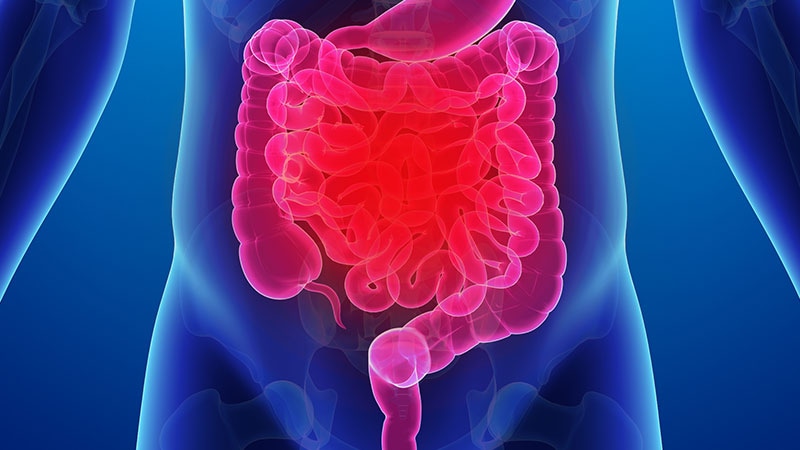Discontinuation of SmartPill for GI Tract Monitoring by Medtronic
Core Concepts
Discontinuation of SmartPill for GI tract monitoring due to supply chain challenges.
Abstract
The SmartPill, a wireless ingestible capsule monitoring GI tract motility, is being discontinued by Medtronic due to challenges in the supply chain. The decision was made as alternative suppliers for critical components could not be sourced, leading to the discontinuation of global sales. The device, initially developed by the SmartPill Corporation, has been used in GI clinics for years but will no longer be available once the existing inventory is exhausted. The discontinuation has raised concerns among healthcare professionals due to the lack of similar FDA-approved devices on the market.
- Medtronic discontinues SmartPill due to supply chain challenges.
- Dr. Braden Kuo expresses concerns over the discontinuation.
- SmartPill's history and development stages.
- Clinical adoption and limitations of the SmartPill.
- Impact on GI research and potential applications.
- Insights from Dr. Jack Semler on the decision.
Customize Summary
Rewrite with AI
Generate Citations
Translate Source
To Another Language
Generate MindMap
from source content
Visit Source
www.medscape.com
SmartPill That Measures GI Tract Motility to Be Discontinued
Stats
The SmartPill was first cleared by the FDA in 2006.
Expected exhaustion of available inventory in September.
Thousands of SmartPills are used in GI clinics annually.
Quotes
"The decision followed several months of ongoing challenges with reliable supply of critical components." - Oded Cojocaru
"Many motility doctors and some general GI docs find this test helpful." - Dr. Braden Kuo
"I still feel there is a real untapped potential." - Dr. Jack Semler
Key Insights Distilled From
by Jennie Smith at www.medscape.com 06-22-2023
http://www.medscape.com/viewarticle/993553
Deeper Inquiries
How might the discontinuation of the SmartPill impact the diagnosis and treatment of GI conditions?
The discontinuation of the SmartPill could have significant implications for the diagnosis and treatment of GI conditions. The SmartPill was a valuable tool in assessing motility disorders in the gastrointestinal tract, providing crucial data on pressure, pH, transit time, and temperature as it passed through the system. Its discontinuation may lead to a gap in diagnostic capabilities, especially for conditions like chronic constipation and suspected gastroparesis. Clinicians who relied on the SmartPill for valuable insights into patients' GI motility may now face challenges in accurately diagnosing and monitoring these conditions.
What alternative solutions could be explored to address the challenges faced by the SmartPill?
In light of the discontinuation of the SmartPill, exploring alternative solutions becomes crucial to fill the gap left by this innovative device. One potential alternative could be the development of new capsule technologies that incorporate similar sensing capabilities to monitor GI motility. These new capsules could leverage advancements in sensor technology, wireless communication, and data analysis to provide clinicians with the necessary information for diagnosing and treating GI conditions. Additionally, non-invasive imaging techniques such as MRI or CT scans may be explored as alternatives to assess GI motility, although they may not offer the same level of detailed information as the SmartPill.
How can advancements in capsule technology benefit both research and clinical practice in gastroenterology?
Advancements in capsule technology have the potential to revolutionize both research and clinical practice in gastroenterology. New capsule technologies can offer improved diagnostic capabilities, allowing for more accurate and detailed assessments of GI motility and function. These advancements can lead to earlier detection of GI disorders, personalized treatment plans, and better patient outcomes. In research, capsule technologies can facilitate large-scale studies on GI physiology and pathophysiology, enabling researchers to gather data from a larger sample size more easily. Furthermore, capsule technologies can open up new avenues for drug delivery, imaging, and sampling in the gastrointestinal tract, enhancing the overall understanding and management of GI conditions.
0
